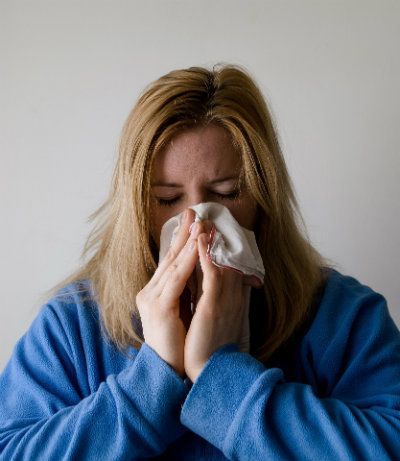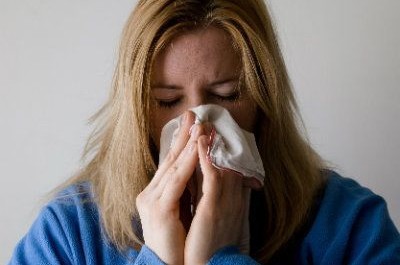The Continuation Of Flu-Season
While last year’s flu season was at its peak between the end of December and the start of January, this year’s flu season activity has steadily increased since the middle of January. Children are the most affected with its surge into the second week of March.
The Severity Of The Flu 
The flu has reportedly extended to forty states. According to reports by the Centers for Disease Control and Prevention (CDC), the virus has infected eight more children. This is four times higher compared to the previous week and increasing the total number of deaths to 28. While the season remains far from over, the death toll is way below the growing death tolls of the past three seasons that were over 100.
According to the CDC, a rise in ILI (influenza-like illness) has been recorded. The total number of clinic visits associated with influenza-like illness rose up from the previous week’s of 3.5% to 3.7%. This was way above 2.1%, which is the national baseline.
While influenza, as well as influenza-like diseases, are taking a toll, the number of deaths attributed to pneumonia have witnessed a slight decline, according to 122 Cities Mortality Reporting System by CDC.
What The CDC Is Advising
The CDC is currently urging people to avoid taking flu shots for granted. Regardless of your age, it is not too late to get your seasonal flu shots. After you receive vaccine injection, it can take up to two weeks for the vaccine to reach complete effectiveness. You can also take the vaccine as a shot just beneath the skin. However, this method best suits individuals of ages 18 and 64. The only exception to this is the intramuscular shot, which consists of dead viruses that are usually administered to healthy kids that are six months and above, expectant women, as well as anyone with chronic ailments.
For individuals with an aversion to needles, nasal spray flu vaccines can surely come in handy. Healthy people between the ages of two and forty-nine are best suited to use this method. Pregnant women should not use the nasal spray flu. The state bureau of Public Health Laboratories holds that H1N1 remains the principal strain of this season’s flu.
Addressing High-Risk Individuals
Individuals that experience shortness of breath, difficulty breathing or tend to be weak and dizzy because of dehydration ought to seek immediate attention or evaluation. People in the high-risk group must also contact their health care providers as soon as possible. People considered to be high risk include:
- Expectant women or those that are breastfeeding or recently gave birth.
- Individuals of age 65 and above.
- People that are immune suppressed (those whose bodies might be impaired).
- Folks with chronic health conditions such as diabetes, heart diseases, lung ailments etc.
- Young children particularly those under two years of age.
- Individuals that care for or live with those at high risk of developing severe complications.
The CDC highly recommends the initiation of antiviral treatments as early as possible – which is normally forty-eight hours of the symptoms onset for individuals at high risk for complications. The suggested antiviral therapies might reduce the severity of the ailment, bring down the risk of complications, and shorten the lifespan of the
illness.
What To Do If You Have The Flu
Do you have the flu? The best thing to do is to remain at home and rest. Additionally, you must always wash your hands frequently and thoroughly. Avoid any close contact with healthy people wherever you are. This reduces the chances of you spreading the disease. Always take plenty of water or liquids in order to prevent fluid loss. Use over the counter medication to treat symptoms such as fever.







